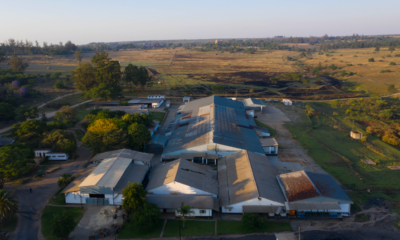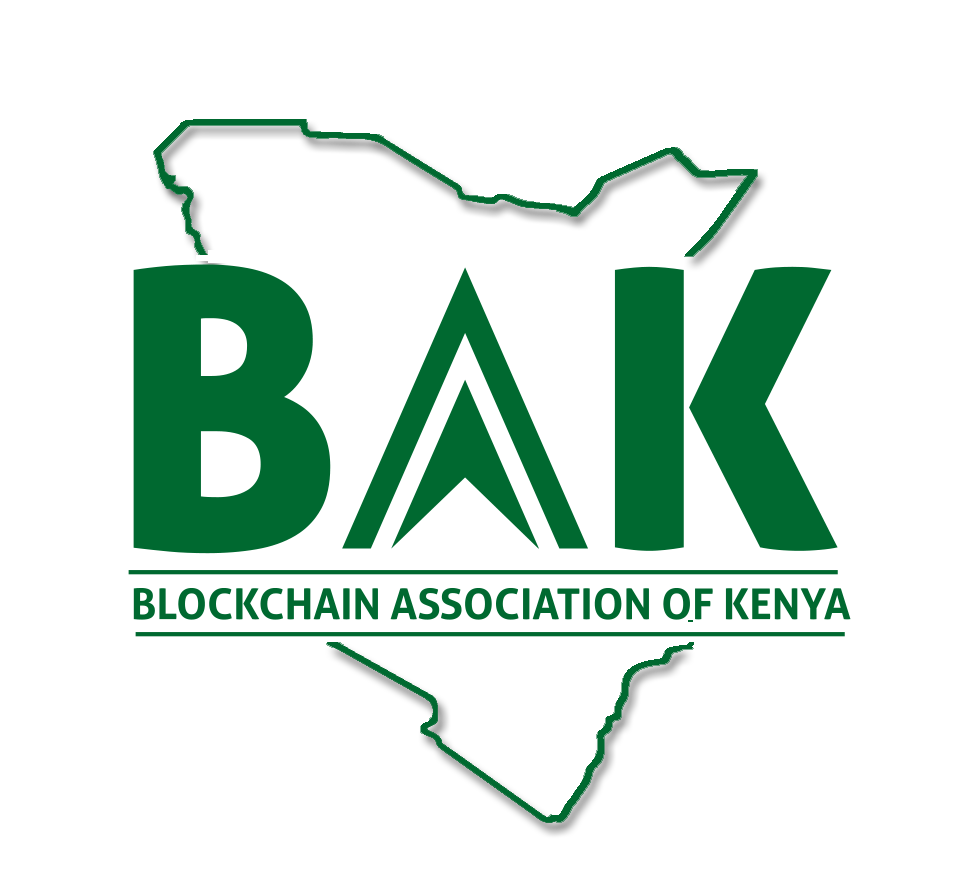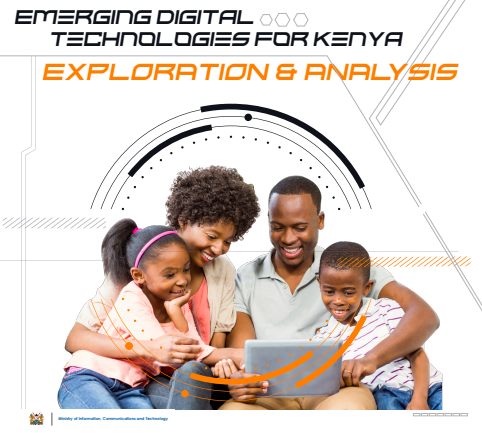Blockchain technology was a key topic of discussion at the UN conference held in Addis Ababa, Ethiopia from the 21st to the 24th of November. The just-concluded four-day conference saw experts discuss the use of blockchain technology in Africa.
The conference was held to review a new Economic Commission for Africa (ECA) with the main aim of the report being to explore the opportunities that the blockchain technology presented to the African continent.
Blockchain technology is an innovative open-source distributed ledger technology that records, stores and transfers data across a distributed network of computers. It was initially invented for the digital currency, bitcoin, but experts have over the years found other applications for the blockchain.
Issues Affecting Adoption of Blockchain Technology In Africa
Speaking to an Expert Group Meeting (EGM) on Information and Communication Technologies (ICTs) on the theme “Exploring opportunities for Blockchain technology in Africa”, Chief of the New Technologies and Innovation Section (NTIS) in the ECA’s Special Initiatives Division (SID), Kasirim Nwuke, stated that there was a lot of publicity around the blockchain technology even though little is known about it.
“Like every new technology, blockchain faces many barriers which must be understood and overcome in order for Africa to take full advantage of it,” he stated.
Mr. Nwuke went on to say Africa lacks sizeable infrastructure, developed financial institutions, strong political stability and lots of capital that can facilitate instant adoption and distribution of technologies. He added that technical constraints were a hindrance to the prevalent adoption of the blockchain technology in Africa.
Such constraints included scalability and speed of transaction of the distributed ledger systems, compatibility of various ledgers, the flexibility of the system against possible cyber attacks and network security, cultural barriers as well as regulatory frameworks.
Incorporation of Blockchain Technology
“It is with the above in view that we commissioned the report which we are presenting to you today, as experts in the field, to review and advice. Our aim in the report is to explore the opportunities and challenges that blockchain technology presents in the context of skills and resource limitations as is the case in most African countries,” added Mr. Nwuke.
“We hope that this report will contribute to ongoing efforts on our continent to understand blockchain technologies, to harness it and to fashion adequate responses to it. We hope that the report will help governments and firms to begin to identify where to begin to build blockchain capacities or capabilities, to ensure that higher education and skills training institutions begin to offer programmes that incorporate this new technology, to ensure that employees, regulators, and citizens understand not just the possibilities of blockchain technologies but also the risks.”
According to Mr. Nwuke, there was and continues to be an increased use and development of the blockchain technology by Africans with Tunisia being the first African nation to place its fiat currency on a blockchain.
Andrew Rugege, the Africa Director for International Telecommunication Union (ITU), remarked on blockchain being a disruptive technology that although still in its development stages, has been proven to work hence a key reason why Africa cannot afford to ignore it.
“It is one instrument that Africa can use not only for financial digital inclusion but to accelerate to attainment of all SDGs. As the Specialized Agency for ICTs and telecommunication, ITU stands with Africa in this endeavor,” stated Mr. Rugege.
He said how important it is for people to trust the blockchain technology if ICTs are to become enablers in the execution of the Sustainable Development Goals (SDGs). Mr. Rugege went on to say blockchain has the capability of securing the trusted use of ICTs in a broad range of domains.
Bitcoin Empowerment in Developing Countries
Speaking at the end of the four-day conference, Mr. Nwuke said,
“We have learned that BC is an emerging technology with a breakthrough potential. We have learned harnessing this technology will require huge investments and that careful evaluation by member States and firms is needed not only to determine the suitability of the technology to help mitigate identified needs but also return on investment.”
The discussion also revolved around bitcoin and how its use can empower people living in developing nations. Bitcoin use was discussed as an avenue of facilitating low-cost remittances and its use as a liaison between other dominant currencies.
“We acknowledged that the technological environment for blockchain adoption in Africa remains challenging. Implementing blockchain requires a change in the record systems of transacting parties to evolve a common data structure,” Mr. Nwuke said.
“Put differently, blockchain solutions require significant changes to existing systems. This is an effort that is not only technically demand but also complicated and expensive. Further, we have to replace our current ways, notably, Near Field Communications, of linking physical products with digitization.”
In addition, participants agreed on the fact that blockchain implementation in certain areas is highly possible with supporting regulation and legislation. These include legal contracts, property records, elimination of financial institutions and mobile bitcoin.
As the ECA continues to work on the final report that will help guide African policymakers in this critical area, its acceptance will not only strengthen the use of blockchain technology in African nations but will also help in the widespread adoption of digital currencies such as bitcoin in Africa.


 Features3 years ago
Features3 years ago
 Bitcoin2 years ago
Bitcoin2 years ago
 Features3 years ago
Features3 years ago
 Features3 years ago
Features3 years ago
 Features3 years ago
Features3 years ago
 Features3 years ago
Features3 years ago
 Features8 months ago
Features8 months ago
 Bitcoin10 months ago
Bitcoin10 months ago















 Since it was registered in 2017 as a non-profit, the
Since it was registered in 2017 as a non-profit, the 


 Some of the target implementation areas for blockchain and AI include the Ministry of Lands, Huduma Centres where important documents are issued, and the Ministry of Transport.
Some of the target implementation areas for blockchain and AI include the Ministry of Lands, Huduma Centres where important documents are issued, and the Ministry of Transport.
